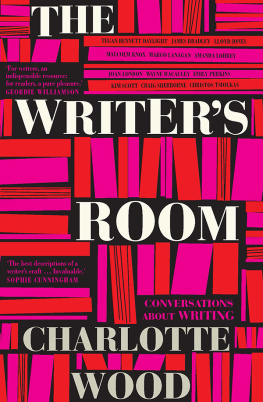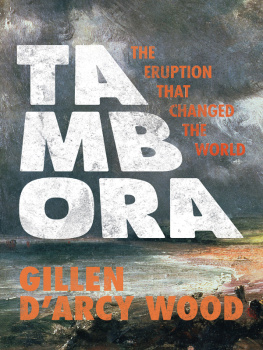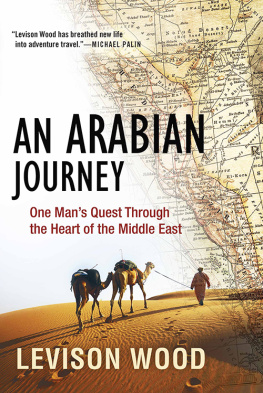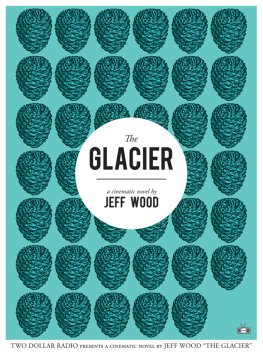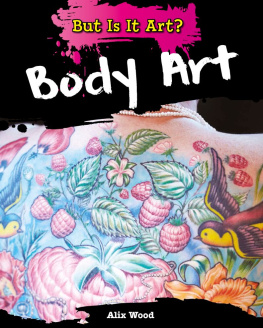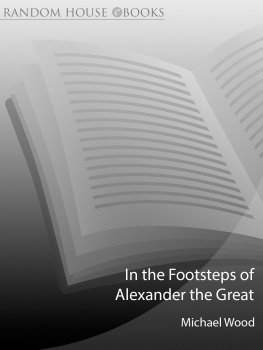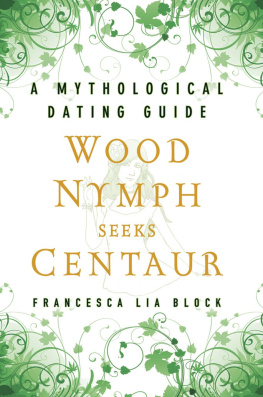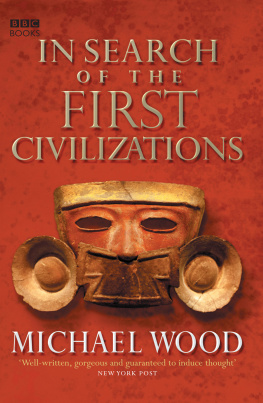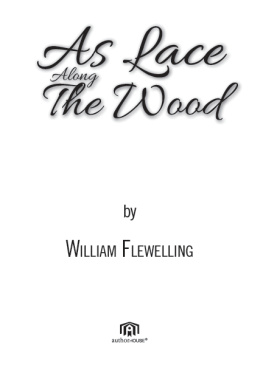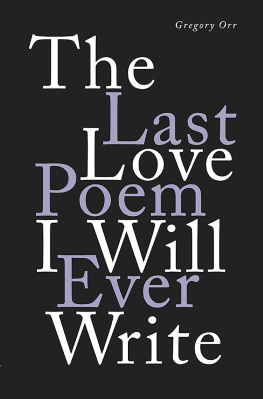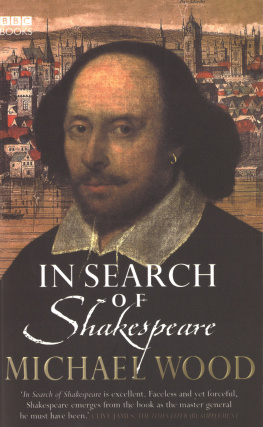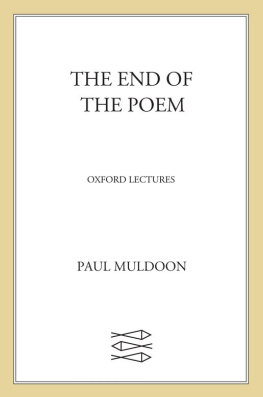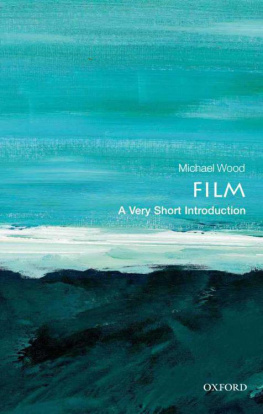Yeats and Violence
Yeats and Violence
MICHAEL WOOD


Great Clarendon Street, Oxford OX2 6DP
Oxford University Press is a department of the University of Oxford.
It furthers the Universitys objective of excellence in research, scholarship,
and education by publishing worldwide in
Oxford New York
Auckland Cape Town Dar es Salaam Hong Kong Karachi
Kuala Lumpur Madrid Melbourne Mexico City Nairobi
New Delhi Shanghai Taipei Toronto
With offices in
Argentina Austria Brazil Chile Czech Republic France Greece
Guatemala Hungary Italy Japan Poland Portugal Singapore
South Korea Switzerland Thailand Turkey Ukraine Vietnam
Oxford is a registered trade mark of Oxford University Press
in the UK and in certain other countries
Published in the United States
by Oxford University Press Inc., New York
Michael Wood 2010
The moral rights of the author have been asserted
Database right Oxford University Press (maker)
First published 2010
All rights reserved. No part of this publication may be reproduced,
stored in a retrieval system, or transmitted, in any form or by any means,
without the prior permission in writing of Oxford University Press,
or as expressly permitted by law, or under terms agreed with the appropriate
reprographics rights organization. Enquiries concerning reproduction
outside the scope of the above should be sent to the Rights Department,
Oxford University Press, at the address above
You must not circulate this book in any other binding or cover
and you must impose the same condition on any acquirer
British Library Cataloguing in Publication Data
Data available
Library of Congress Cataloging in Publication Data
Library of Congress Control Number: 2010920511
Typeset by SPI Publisher Services, Pondicherry, India
Printed in Great Britain
on acid-free paper by
Clays Ltd, St Ives plc
ISBN 9780199557660
1 3 5 7 9 10 8 6 4 2
in memory of my grandmother,
Mary Kennedy (18741922),
who never went home to Sligo
ACKNOWLEDGEMENTS
All books have many authors but I was particularly lucky in the help I received with this one. It rests on such a mixture of old affection and belatedly acquired knowledge that I really needed all the support I could get, and happily got.
I should like to thank Oxford University Press and the Faculty of English at Oxford for their invitation to give the 2008 Clarendon Lectures, where much of this book began; and especially Andrew McNeillie and Sally Mapstone for their warm welcome.
In Oxford I benefited hugely from the scholarship, kindness, and comments of Christopher Butler, Roy Foster, John Kelly, Hermione Lee, and many othersRoy managed to save me from several serious errors without even seeming to mention them.
I am grateful to the National Humanities Center for awarding me their Frank H. Kenan Fellowship for the spring of 2009. I did much of the later work on this book in the remarkable research atmosphere created and sustained by Geoffrey Harpham and Kent Mullikin and their staff. I should like to thank the Fellows of the Center who shared that time and space with me, and especially Carol Clover, Florence Dore, Rachel Blau-Duplessis, Bob Duplessis, Sarah Farmer, Sandie Welsh, Ruth Yeazell, and the members of the lively Violence and Violation seminar.
I salute and thank the members of my Princeton graduate seminar on Yeats of some years ago, and looking further back still I recall with affection and gratitude the invitation from Jacques Berthoud and Nicole Ward-Jouve to lecture at York, an occasion I took as a first chance to reflect on Yeats curious courtship of violent events and apparitions. My thanks too to Jonathan Allison for asking me to lecture in New York and to Victor Lufig for the invitation to the University of Virginia.
At Princeton the group I came to think of as the Scansion Club came swif ly and brilliantly to my aid when I was most lost, and Im happy to write their names out in this non-verse: Jeff Dolven, Meredith Martin, Jim Richardson, Starry Schor, Susan Stewart.
And for conversations short and long, direct and oblique, amateur and expert, all treasured, I thank, along with the members of the above club, Jonathan Allison, Jason Baskin, Alison Booth, Michael Cadden, Holly Chatham, Stefan Collini, Stanley Corngold, Anne Margaret Daniel, Larry Danson, Denis Donoghue, Mark Edmundson, Elizabeth Fowler, Daniel Heller-Roazen, Tal Kastner, Michael Levenson, Victor Lufig, Paul Muldoon, Patrick Parrinder, Zakir Paul, Tom Paulin, James Pethica, John Raimo, Jahan Ramazani, Mark Shiel, Nigel Smith, Chris Turner, Casey Walker, C. K. Williams, Susan Wolfson, Gaby Wood, Patrick Wood, Aron Yaronowicz.
Tony Wood suggested I should look at certain poems by Brecht and Blok, and listened to what I had to say about those poems and much else; what follows would have been much poorer without that look and that listening.
James Longenbach generously took the time to read a whole draft of this book with the strictest of sympathetic eyes, and I am deeply grateful for his subtle response.
And what can I say to Elena except thanks againand again and again.
M.W.
Princeton, 2009
CONTENTS
Nineteen Hundred and Nineteen
I
Many ingenious lovely things are gone
That seemed sheer miracle to the multitude,
protected from the circle of the moon
That pitches common things about. There stood
Amid the ornamental bronze and stone
An ancient image made of olive wood
And gone are Phidias famous ivories
And all the golden grasshoppers and bees.
We too had many pretty toys when young:
A law indifferent to blame or praise,
To bribe or threat; habits that made old wrong
Melt down, as it were wax in the suns rays;
Public opinion ripening for so long
We thought it would outlive all future days.
O what fine thought we had because we thought
That the worst rogues and rascals had died out.
All teeth were drawn, all ancient tricks unlearned,
And a great army but a showy thing;
What matter that no cannon had been turned
Into a ploughshare? Parliament and king
Thought that unless a little powder burned
The trumpeters might burst with trumpeting
And yet it lack all glory; and perchance
The guardsmens drowsy chargers would not prance.
Now days are dragon-ridden, the nightmare
Rides upon sleep: a drunken soldiery
Can leave the mother, murdered at her door,
To crawl in her own blood, and go scot-free;
The night can sweat with terror as before
We pieced our thoughts into philosophy,
And planned to bring the world under a rule,
Who are but weasels fighting in a hole.
He who can read the signs nor sink unmanned
Into the half-deceit of some intoxicant
From shallow wits; who knows no work can stand,
Whether health, wealth or peace of mind were spent
On master-work of intellect or hand,
No honour leave its mighty monument,
Has but one comfort left: all triumph would
But break upon his ghostly solitude.
But is there any comfort to be found?
Man is in love and loves what vanishes,
What more is there to say? That country round
None dared admit, if such a thought were his,
Incendiary or bigot could be found
To burn that stump on the Acropolis,
Next page

